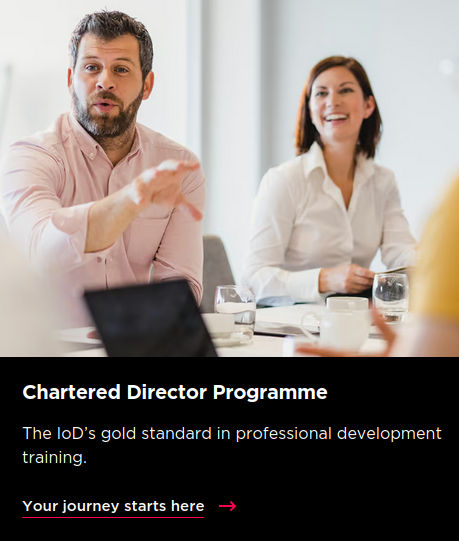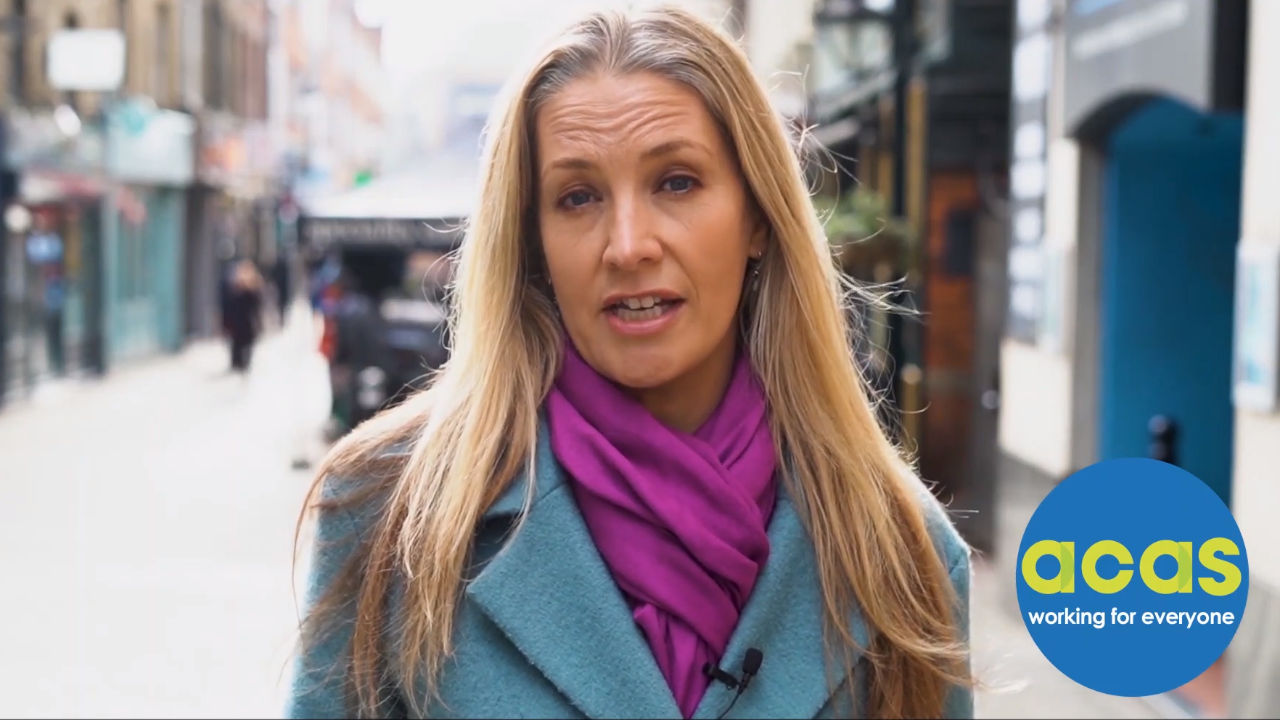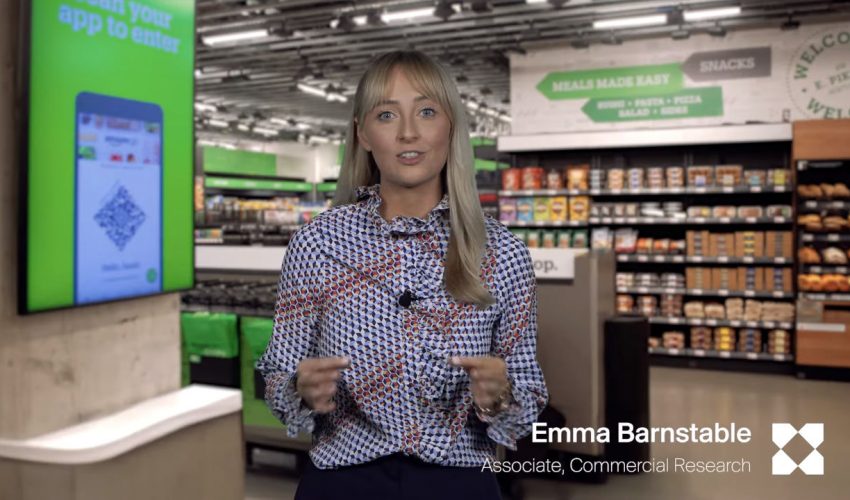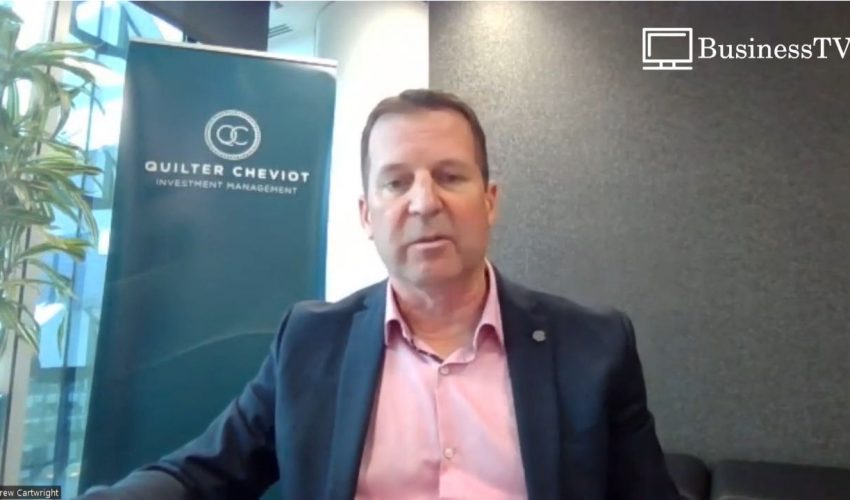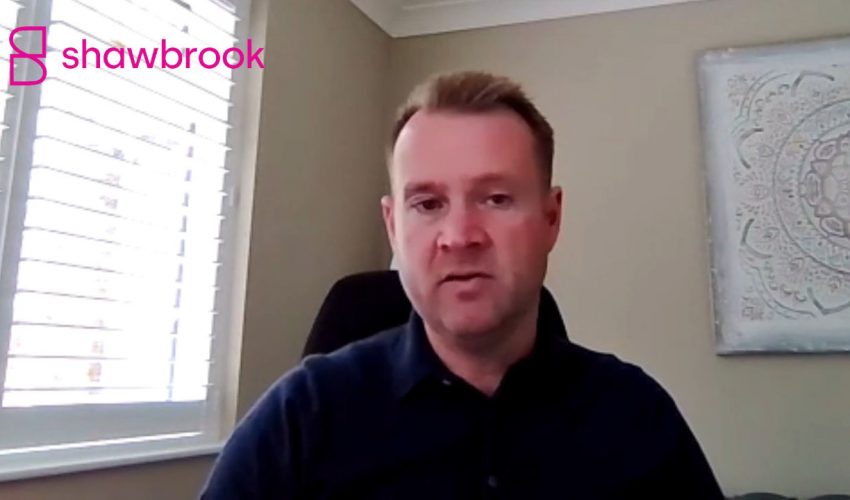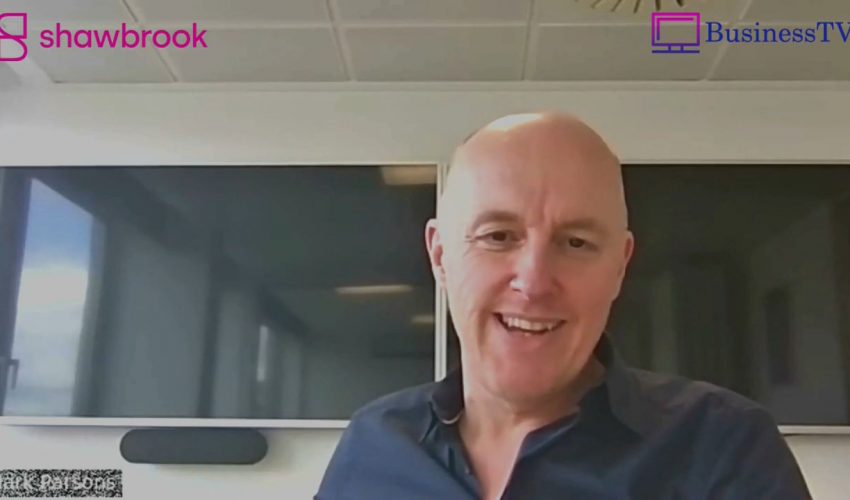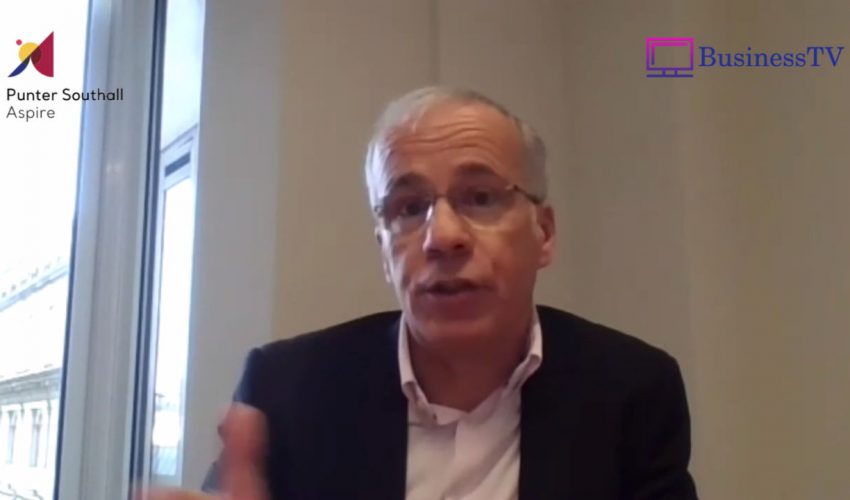Please get in touch with the team at BaringaPartnersLLP through this form
In July this year, the FCA revealed their final rules for the Consumer Duty. With this came a very welcome extension, giving firms an extra three months, until July 2023. Quite unusual for the FCA is their move to more intensive supervision throughout the implementation period, as well as more involvement from Boards.
The Policy Statement introduces expectations that the Board will have reviewed and agreed an implementation plan by October 2022, and that there should be a nominated Board member responsible for championing the Consumer Duty. If Boards are not already engaging with Consumer Duty project teams and aware of their role, they must act on this immediately.
The FCA’s requirement for involvement from the Board indicates a shift away from consultation towards more intensive supervision. Your business will need to demonstrate that it’s meeting each of the milestones along the way to full implementation. Inability to do this will lead to the risk of further scrutiny and possible intervention from the regulator. But how can you make sure you and your Board are ready? Four steps stand out:
1. Educate your Board Many Board members may have a limited understanding of the Consumer Duty so it’s important that your submission to the Board includes details of the new regulation, as well as what the implications will be for failure to comply. You may also have to dismiss any complacency that the outcomes your business delivers are already ‘good’ enough. The FCA will require that these claims are backed up with comprehensive evidence.
2. You will need to define what good means, as well as how to demonstrate this Alongside the conceptual definition of ‘good’, it’s important to set out how this takes outcomes to the next level, along with some examples that illustrate the differences from today. You won’t be expected to provide hard evidence at this stage, but you’ll need to show what evidence you expect to use, how and why.
3. Make sure your sponsors have the authority to deliver Finding the right sponsor can be difficult. They need to have the authority and reach across your business to enforce change in multiple areas. A ‘side-of-desk’ approach to implementation will not deliver success.
4. You can use the upcoming deadline to prompt engagement across your organisation Beyond involving your Board in planning the implementation, you will need awareness and understanding of the Consumer Duty across your entire business. This includes carrying out a gap analysis, identifying the biggest areas of risk exposure for the organisation, and tailored training for the most impacted functions.
The Board submissions are just the start, but this is an opportunity to secure early clarity and momentum on the Consumer Duty. The results will stand you in good stead as you move through the implementation hurdles ahead.
Read our Consumer Duty insights here: https://www.baringa.com/en/insights-n…









































